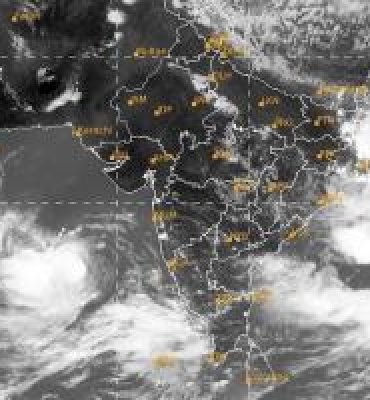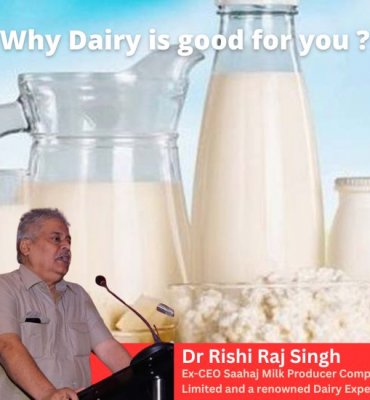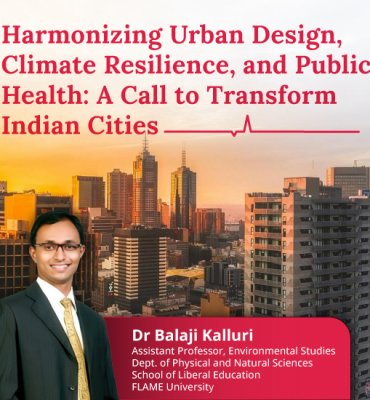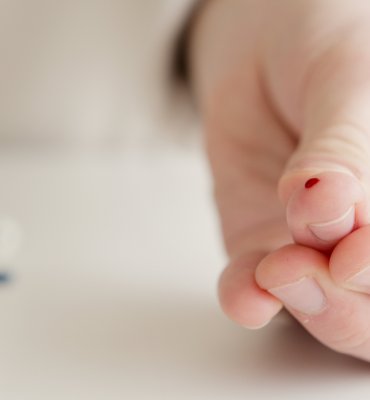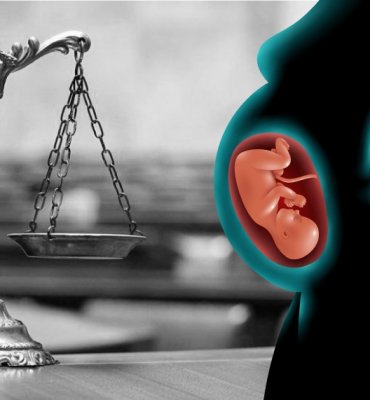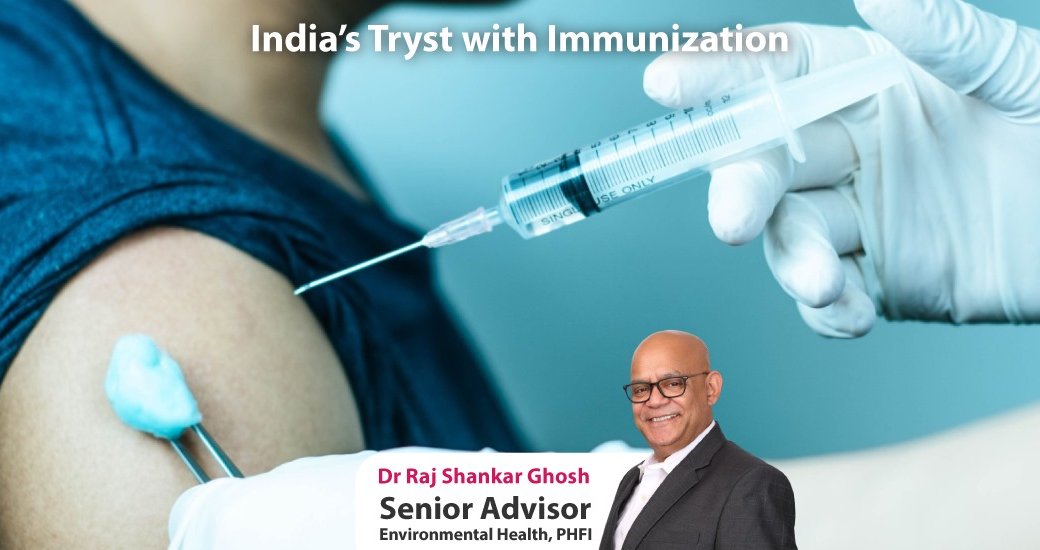
Technological innovations have been a significant driver of India's immunization success. From the Vaccine Vial Monitor (VVM) providing real-time cold chain status updates to the sophisticated electronic Vaccine Intelligence Network (eVIN) application, technology has empowered health workers and officials at all levels.
Dr. Raj Shankar Ghosh, a physician with extensive training in public health policies and program delivery, has a 30-year history of impactful work. He began in India's deserts with an NGO and progressed to roles in health services, WHO projects, and leadership positions at PATH, OneWorld Health, and the Bill & Melinda Gates Foundation. Dr. Ghosh currently advises multiple organizations on diverse public health areas and co-founded the initiative for Quality, Equity, and Inclusiveness in Public Health at the Indian Institute of Technology. Recognized for his contributions, he was honored with an Indian Public Health Association Fellowship in 2013.
In 1999, I served as a medical officer in India's National Polio Surveillance Project. One winter afternoon, I received information about a child in Kishanganj district of Bihar exhibiting polio-like symptoms. I rushed to the site to investigate the case. Upon examination, I observed all the clinical features of polio in the child. As I was leaving the child's house, the grandmother asked me if the child had polio, insisting that I inform the gathered neighbors. I explained that I could only comment after a thorough examination. She still insisted. However, the child's mother, who had not spoken until then, confidently announced that there was no need to worry. Her child did not have polio, and she was certain of it. Though I was initially unconvinced by her optimism, laboratory reports later confirmed that the child was not suffering from polio.
About ten days later, armed with the positive news, I returned to the village. The child, who was now crawling on the ground, and the mother, sitting on a cot, resembled the scene from my previous visit. The villagers gathered again, and I shared the good news, congratulating the mother. Intrigued, I asked her how she could be so certain that the child did not have polio. She smiled and explained that every time health workers came with polio drops, she made sure her child received two drops of the vaccine. She firmly believed that her child could not have polio if vaccinated—a simple yet profound logic that struck me.
Today, India stands as a global leader in vaccines, excelling in vaccine supply, access, and demand. Over 70% of the world's vaccine supply to low- and middle-income countries comes from Indian manufacturers. Notably, Indian vaccine manufacturers have developed powerful vaccines, including those for pneumococcal diseases, Rotavirus, Japanese Encephalitis, and Cervical Cancer (HPV). This research and development prowess has allowed India to contribute efficacious and safe COVID-19 vaccines globally.
Over the past decade, routine immunization coverage in India has steadily increased, reaching close to 80% of the 26.7 million annual birth cohort. Mission Indradhanush, the world's largest Routine Immunization campaign, has played a crucial role in low-performing areas since 2014. These campaigns prioritize making routine immunization a people-centric program, leveraging effective social mobilization.
Since 2014, India has also introduced new vaccines against major childhood diseases such as pneumococcal diseases and rotavirus-induced childhood diarrhea. These initiatives focused on incorporating impactful vaccines into universal and people-centric programs like Mission Indradhanush, have significantly bolstered people's confidence in India's Universal Immunization Program. Recent surveys have indicated that 98% of Indians perceive vaccines as crucial for their children (State of the World’s Children 2023, UNICEF).
Technological innovations have been a significant driver of India's immunization success. From the Vaccine Vial Monitor (VVM) providing real-time cold chain status updates to the sophisticated electronic Vaccine Intelligence Network (eVIN) application, technology has empowered health workers and officials at all levels. The CoWIN technology, developed based on eVIN principles, played a vital role in efficiently delivering COVID-19 vaccines during the global crisis. Now, India is introducing UWIN, a digital application enabling parents to plan and schedule their child's immunization sessions across the country, obtaining digital immunization certificates.
Furthermore, the critical element of India's immunization program is people's ownership. On



